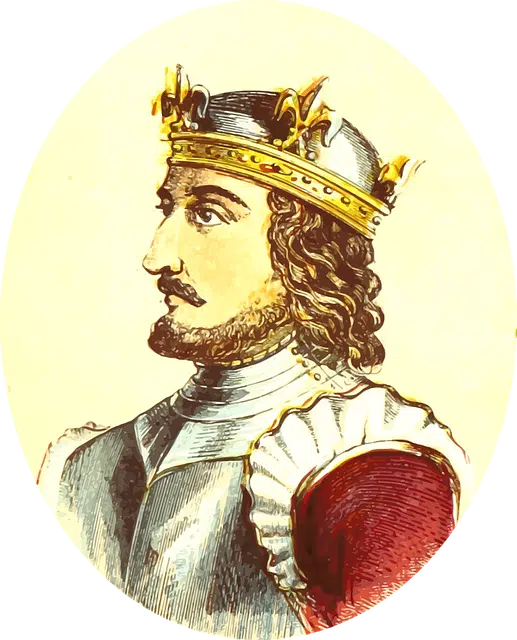
A monarchy is a government regime that has a monarch as its highest leader.
Throughout history, human beings have developed different ways of exercising government, with the most diverse structures and norms. One of them is the monarchy , where the most important position in the State is for life (held until death) and is generally designated through inheritance (power is received from the father or another relative).
The term monarchy comes from the fusion of the Greek terms monos (one) and arkein (power) which means "power concentrated in one." It is distinguished from tyranny and despotism because it implies legitimate power , unlike these other governments that are characterized by illegality and arbitrariness in the exercise of power. On the other hand, it differs from the republic because there is a close relationship between the power of the king and its exercise in the public environment. In the republic there is no power inherent to the people, but rather the person who exercises it holds a public office.
Whoever has power in a monarchy is the monarch , although according to the legal structure of the government or the region, he or she may receive various names: king , emperor , tsar , kaiser , etc. The State that is ruled by a monarch can also be called a kingdom , in addition to a monarchy .
The authoritarian monarchy
There are several types of monarchies. An authoritarian monarchy is a government that has powers over a territory , which are based primarily on bureaucracy (taxes, a single army and an economic system managed centrally by the monarch). It was a very common system in ancient times, where the ruler was the King who came from the noble sector of society and whose position was given to him by a hereditary bond. Said monarch ruled over the entire town, using the service of vassals and peasants and imposing a mandatory amount of taxes.
There have been monarchs who were just puppets of the most powerful nobles or the Church, to whom they often owed economic favors that allowed them to be manipulated by said sectors.
The first authoritarian monarchy that existed was the one established in 1385 by John I in Portugal, from the Avis dynasty. After him came many years of monarchies throughout the European continent.
The characteristics of an absolute monarchy are a government where the king has the three powers: judicial, executive and legislative. Said representative is based on divine law and the power is granted to him hereditarily (son of kings). Among European monarchies, the best-known model of monarchy was the absolutist one imposed by the French.

The crown is often considered a symbol of the power of a monarchy.
A constitutional or parliamentary government
Parliamentary or constitutional monarchy is a form of government where the monarch has powers limited by an institution called Parliament and which is governed by a set of established laws (Constitution). A group that represents the three States. In this type of government, the powers are divided into three: judicial, executive and legislative, and Parliament regulates the normal functioning of the Kingdom, collaborating with the King and imposing certain structures and limits on its mandate, especially in the legislative power.
This mode of government was the one that made possible for the first time in history the rights to individual freedom and to have a defense in a trial and is originally from England and the Netherlands (17th century).
Other types of monarchy
Hybrid monarchies exist when the system of government is located somewhere between an individualistic and absolute monarchy, and a monarchy governed by a Constitution. This means that the king does not hold all power over a territory, although he retains notable political strength.
These last two regimes, therefore, differ from absolute monarchy , where the monarch concentrates total power (there is no division of powers and he makes decisions on his own, without giving explanations to any legislative chamber or judicial branch).
Many monarchs have always been consecrated under the divinization of their person. In these cases, the king is considered to be a God or to have been chosen by a superior being. A classic example of this situation is found in Egypt thousands of years ago, when the pharaoh was elevated above mortals.
The system today
Currently there are several countries in the world where constitutional monarchy exists coexisting with other forms of government , mostly democratic. In African and Asian countries the role of the ruler is fundamental, in other countries, merely symbolic. In these latter cases, to continue with the country's tradition, societies have preferred to maintain the monarchy so as not to break with certain customs, although in these cases the essence of these governments has had to be modified and the monarchs have lost power .
To exemplify this we can mention, among others, the current monarchies of the United Kingdom, Spain, Denmark and Canada. They are constitutional or parliamentary monarchies , under a democratic and sovereign system that is in the hands of the people and where the monarch maintains a particularly symbolic and representative role, although he can also act as an arbitrator or consultant.
